LAW IN PUBLIC POLICY
направление
ЮРИСПРУДЕНЦИЯ
Master's
Full–time
Russian
₽ 277 000
$ 4100 / € 3730
Master’s program “Law in Public Policy” trains lawyers — specialists in assessing political risks, GR-consultants, legal analysts in the field of political interaction, and lawyers-organizers of election campaigns. Graduates of the program acquire competitive skills of doing political and legal analysis of social situations, designing the work of interdisciplinary management teams, as well as planning and implementing programs for transforming the organization’s activities in changing political circumstances.
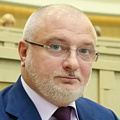
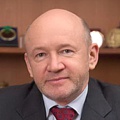
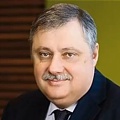
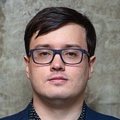

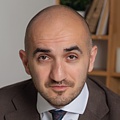

The program focuses on teaching applied skills in various fields of social sciences: social groups segmentation and target audience selection, foresight technologies, project work and scripting.
First year of study
Second year of study
Internships
State final exams
The main purpose of the course is to form students’ in-depth understanding of the interaction of law and politics, the role of law and legal means in regulating the interaction of subjects of the political system institutional component. Students master the basics of political communication theory and form an in-depth understanding of the PR phenomenon in political communication.
Studying theoretical and methodological foundations of the study of fakes, manipulative technologies in politics and legal regulation, the role and functions of myths in legal and political consciousness, legal qualification of information and political manipulation and the influence of myth-making and information and political manipulation on legal and political culture.
The main purpose of the course is to develop students’ practical analytical skills in assessing legally significant situations and elaborating methods for solving political and legal problems.
Systematizing knowledge of the essence and methods of legal argumentation: in-depth study of the basics of logic and the theory of argumentation, in particular, the study by students of methods and techniques of argumentation in legally significant situations, in law-making and law enforcement activities, building students’ skills in analyzing legal texts, and mastering various methods of presenting legal positions.
Developing students’ scientific, theoretical and practical knowledge of the basics of political consulting and basic PR tools used in political processes.
A new scientific field integrated into the educational process. The course is aimed at studying legal phenomena in close relationship with social practice, and more broadly with the characteristics of the culture of the respective societies. Studying the course allows you to understand why seemingly similar legal phenomena in different cultural and historical conditions reflect different contents, as well as to assess the limits of intercultural interaction in law.
The scientific foresight seminar “Law as a tool of public policy” is project work with a series of master classes from leading practitioners, where students actively participate in discussions and develop projects on various topics of the program.
Master students learn to:
Pre-graduation practice
The main form of practice is research activity, for the students to consolidate and deepen theoretical knowledge, master methods of conducting research in the field of law, publishing scientific articles and master’s theses, which are defended in Russian and foreign languages.
The main venue of pre-graduation practice is the Patrice Lumumba RUDN University and the Institute of State and Law of the Russian Academy of Sciences.
Internships in commercial or government non-educational organizations
Master students undergo practical training and internships in public authorities of the Russian Federation and other organizations related to the field of public policy, in particular in the Federation Council and the State Duma of the Federal Assembly of the Russian Federation, the Moscow City Duma, the Chamber of Commerce and Industry of the Russian Federation and the Moscow Chamber of Commerce and Industry (in terms of economic politics issues, and interaction of private business and government), in the Arbitration Court of Moscow; in the law offices “Koblev & Partners” and “Egorov, Puginsky, Afanasiev & Partners” (in terms of GR and representing the interests of the principals in relations with the authorities), as well as in structural divisions of the Government of Moscow.
Students of the Law in Public Policy program are engaged in research activities, gaining experience in teaching legal disciplines.
Research work is carried out in the following forms:
Further employment in:
30
7
90
Portfolio competitionн